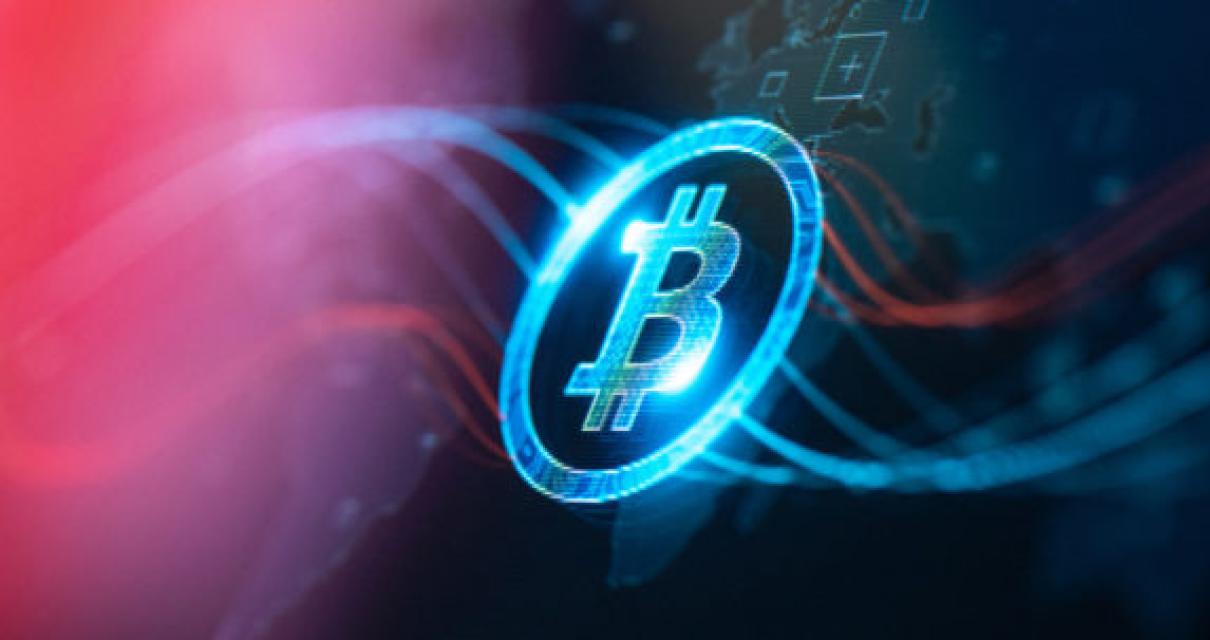What is Blockchain and Bitcoin?
Blockchain is a digital ledger of all cryptocurrency transactions. Bitcoin is the first and most well-known implementation of blockchain technology.
How Blockchain and Bitcoin Work
Blockchain is a digital ledger of all Bitcoin transactions. Each block contains a cryptographic hash of the previous block, a timestamp, and transaction data. Bitcoin nodes use the block chain to differentiate legitimate Bitcoin transactions from attempts to re-spend coins that have already been spent elsewhere.
The Benefits of Blockchain and Bitcoin
There are many benefits of blockchain technology and bitcoin. These include:
1. Transparency: Blockchain is a transparent platform, meaning every transaction is visible to all participants. This allows for more trust and accountability in the system.
2. Security: The security of blockchain technology is based on the cryptography that is used to secure the network. This makes it difficult for anyone to tamper with the data.
3. Cost effectiveness: Blockchain is a more efficient way to conduct transactions than traditional systems. This makes it more affordable for businesses and governments to use.
4. Automation: With blockchain technology, it is possible to automate many tasks that are currently done manually. This can save time and money for businesses and governments.
5. Interoperability: Blockchain is open source, which means that it can be used by anyone. This makes it easier for businesses and governments to integrate it into their systems.

The Risks of Blockchain and Bitcoin
Bitcoin and blockchain technology are both still in a nascent stage, and they come with a number of risks. Here are some of the key ones:
1. Inability to scale
Bitcoin and blockchain technology are built on a distributed ledger, which makes them inherently unable to scale to support a large number of transactions. This could lead to long wait times for transactions to be processed, as well as a high cost of using the technology.
2. Security flaws
Bitcoin and blockchain technology are still relatively new and there are likely to be security flaws that are exploited by hackers. This could lead to the theft of personal information, money, or other assets.
3. Volatility
Bitcoin and blockchain technology are highly volatile, meaning that their value can change rapidly. This could make them difficult to use for transactions, as well as risky investments.
4. Regulatory uncertainty
Bitcoin and blockchain technology are still relatively new, and there is a lack of clarity surrounding regulatory frameworks around them. This could lead to uncertainty for businesses that want to use them, as well as difficulties for consumers who want to understand their risks.
The Future of Blockchain and Bitcoin
Blockchain technology is still in its early stages, but it has the potential to radically change the way we do business. Bitcoin and blockchain are two of the most well-known examples of how this technology is being used.
Bitcoin
Bitcoin is a digital asset and a payment system invented by an unknown person or group of people under the name Satoshi Nakamoto. Transactions are verified by network nodes through cryptography and recorded in a public dispersed ledger called a blockchain. Bitcoin is unique in that there are a finite number of them: 21 million.
Bitcoin has been controversial since its creation, with a large portion of the population believing that it is a Ponzi scheme. However, many major financial institutions are beginning to explore the potential of blockchain technology and Bitcoin, and some are even starting to use it as a way to do business.
Blockchain
Blockchain is a distributed database that allows for secure, transparent, and tamper-proof transactions. It is similar to the way the internet works, but it is decentralized and does not rely on a single authority. Transactions are verified by network nodes through cryptography and recorded in a public dispersed ledger called a blockchain. Bitcoin is unique in that there are a finite number of them: 21 million.
Bitcoin and blockchain are two examples of how blockchain technology is being used. There are many other applications for blockchain technology, including banking, healthcare, and the internet of things. The future of blockchain and Bitcoin is still uncertain, but it has the potential to revolutionize the way we do business.
FAQ's About Blockchain and Bitcoin
Blockchain is a digital ledger of all cryptocurrency transactions. Bitcoin is the first and most well-known application of blockchain technology. Bitcoin works by creating a public ledger of all cryptocurrency transactions. Every time someone wants to make a transaction, they create a block. Once a block is created, it is added to the blockchain. This way, everyone can see every transaction that has ever been made.
Bitcoin is not the only cryptocurrency that uses blockchain technology. Other cryptocurrencies, such as Ethereum, use blockchain to create a decentralized platform for applications that can’t be run on a traditional server.
Bitcoin and other cryptocurrencies are not regulated by governments. They are instead regulated by code. This means that Bitcoin and other cryptocurrencies are immune to political or financial manipulation.
Some people believe that blockchain technology will eventually replace traditional banking systems. Others believe that it will just change the way we use banking systems. It is still too early to tell how blockchain will impact the world.